Tête-À-Tea With Sachin Pabreja: Insights Into Luxury Dining With Aman Chainani, Founder & MD, Pacific Hospitality
Meet the visionary behind Hyderabad's acclaimed restaurants: Aidu, Noho and Teraso
17 Oct, 2024 by Sachin Pabreja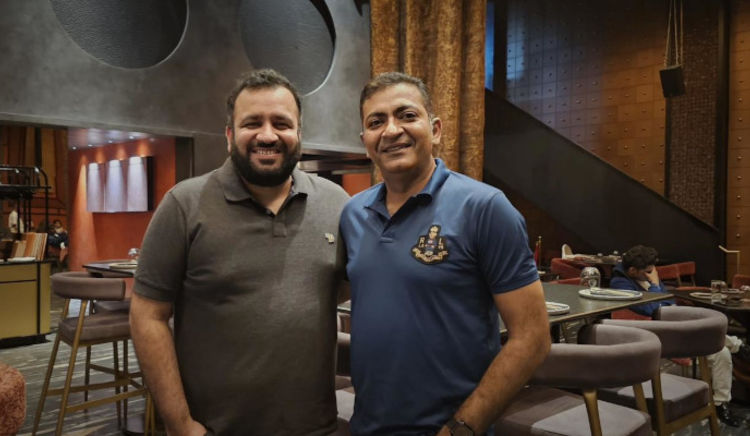
Meet Aman Chainani, the mastermind behind Pacific Hospitality, which is revolutionising the hospitality scene in Hyderabad. Pacific Hospitality has raised the bar for exceptional dining experiences with its critically acclaimed outlets: Aidu, Noho and Teraso. Each outlet boasts a distinct character, ranging from cutting-edge molecular gastronomy to vibrant fusion cuisine and rooftop luxury. Aman Chainani's passion for innovation and commitment to excellence have propelled Pacific Hospitality to unprecedented heights. In this exclusive conversation, he shares the inspiring story of his company's success, revealing the secrets behind its remarkable growth. Get ready to uncover the driving forces behind Pacific Hospitality's triumph and the vision that fuels its continued success. Aman Chainani opens up about his leadership journey and the art of creating unforgettable experiences.
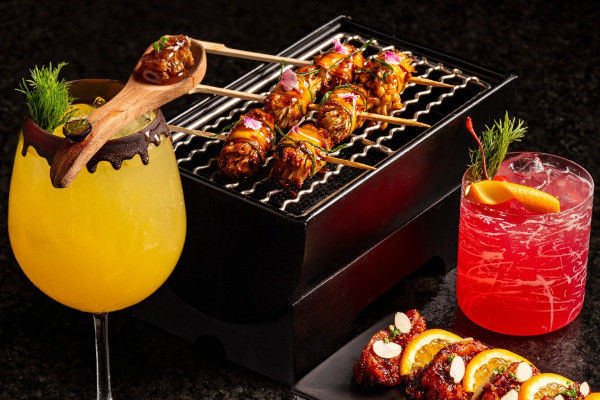
1. What innovative concepts are being implemented at Aidu, Noho and Teraso to enhance the dining experience?
Each restaurant embraces a distinct concept to elevate the dining experience. For instance, Aidu specializes in bringing authentic regional flavors of five southern states to the forefront, using forgotten recipes with a modern twist. Noho is a sensory Pan-Asian experience, combining gourmet comfort food enhanced with live culinary stations and a youthful vibe. Teraso, a stylish rooftop bar, seamlessly combines global asian fusion cuisine with a cutting edge curated cocktail experience. It showcases fine dining, aesthetics, and artisanal presentation, offering guests a sophisticated blend of flavors in a visually captivating setting.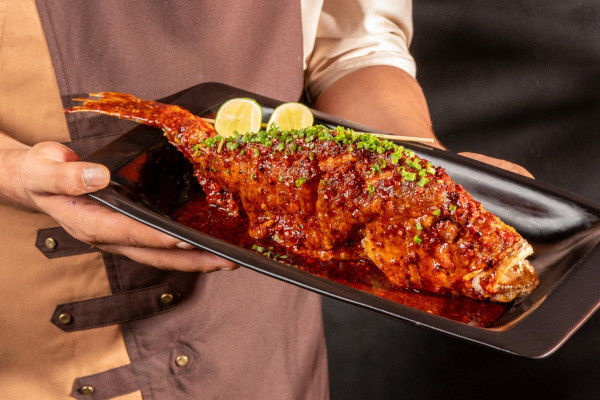
2. How does the culinary team curate menus that resonate with local tastes while maintaining a unique identity?
The culinary team starts by understanding the local palate and preferences, incorporating regional ingredients and traditional spices. To maintain a distinct identity, they experiment with flavors and presentation styles, adding a contemporary twist to traditional recipes keeping the dish true to its roots. Collaborating with local chefs and conducting regular tasting sessions ensures that each dish appeals to the audience while staying true to the brand’s unique vision. Seasonal changes and the inclusion of exclusive dishes further help in keeping the menu fresh and engaging.
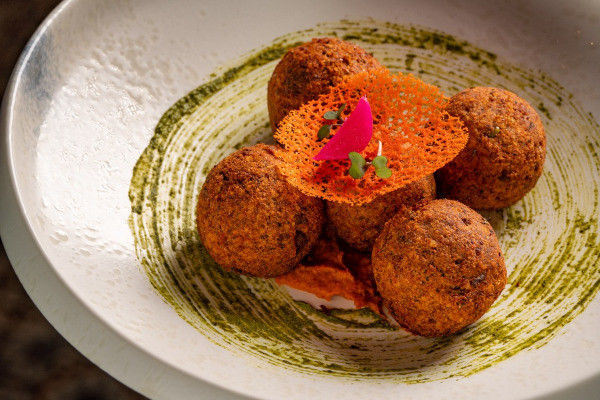
3. What strategies have been effective in expanding these restaurant brands within Hyderabad's competitive market?
Picking the right location, Targeted marketing campaigns, influencer collaborations, keeping up with the new trends in the market and curated launch events have been instrumental in creating buzz around these restaurants. Choosing high-footfall location and creating a differentiated brand image for each establishment have helped capture niche market segments. Additionally, emphasizing a strong digital presence through engaging content and customer-centric initiatives has been key in building a loyal following and standing out in the competitive landscape.
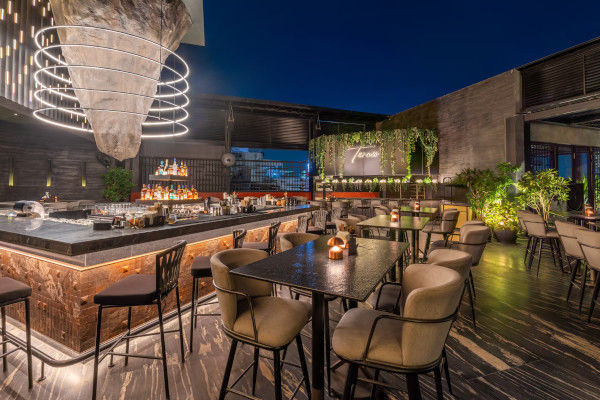
4. How do the design and ambience of these establishments contribute to customer satisfaction and retention?
Design and ambience are crafted to reflect the restaurant's theme and culinary philosophy. For instance, Teraso features a sophisticated and elegant setting, ideal for dining under the stars with a panaromic view and larger group gatherings, while Aidu employs Southern culinary artistry with a vivid canvas, where every morsel is a poetic journey into the vibrant soul of South India. Meanwhile, Noho echoes its Asian heritage, with rich hues of deep red and wine infusing the atmosphere, seamlessly woven into both the architecture and the brand experience. Each space is meticulously designed to offer an immersive experience, influencing mood, enhancing the overall dining experience, and encouraging repeat visits.
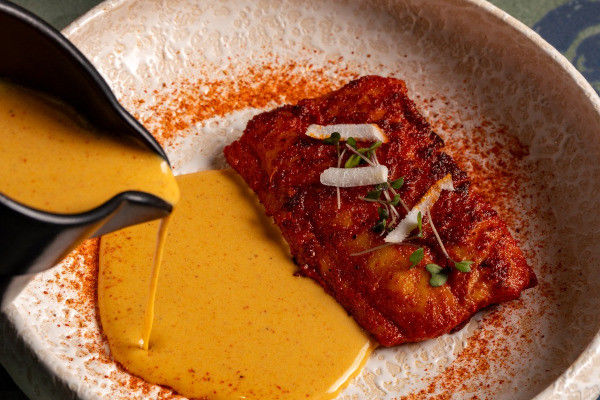
5. In what ways are sustainability practices integrated into the operations of these restaurants?
Sustainability is a core consideration, with efforts such as sourcing ingredients locally to reduce carbon footprints, using biodegradable packaging, and minimizing food waste. Aidu and Teraso also explore farm-to-table concepts, supporting local farmers and ensuring fresh, organic produce. Energy-efficient kitchen equipment and water conservation practices are implemented to make operations more eco-friendly.
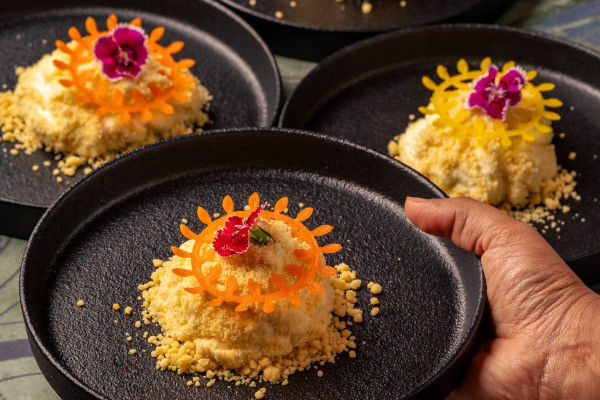
6. How have recent dining trends influenced menu offerings and service styles post-pandemic?
Post-pandemic, there has been a noticeable shift toward health-conscious menus, with an emphasis on clean eating and immunity-boosting ingredients. Smaller, shareable plates, as well as experiential and interactive dining formats, are more prevalent. The service style has become more personalized, with options for digital ordering and contactless dining being incorporated to ensure customer safety and convenience. 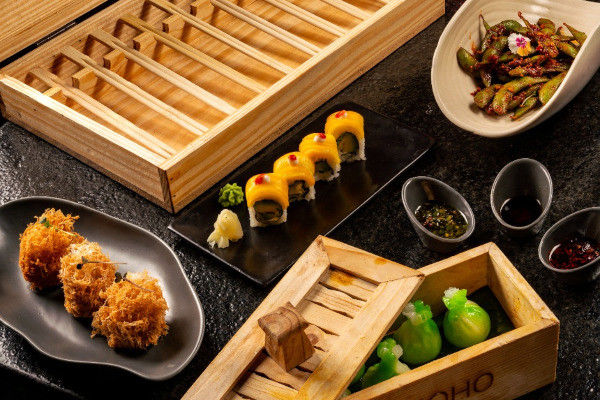
7. What are the future growth plans for these restaurant brands in terms of new locations or concepts?
Future plans include expanding Aidu and Noho to other metropolitan cities and tapping into untapped markets within Hyderabad. There is also a focus on launching new concepts that cater to emerging dining trends, exclusive chef's table experiences and cafes. Additionally, there is an intent to explore international cuisine offerings while keeping the Indian essence intact.
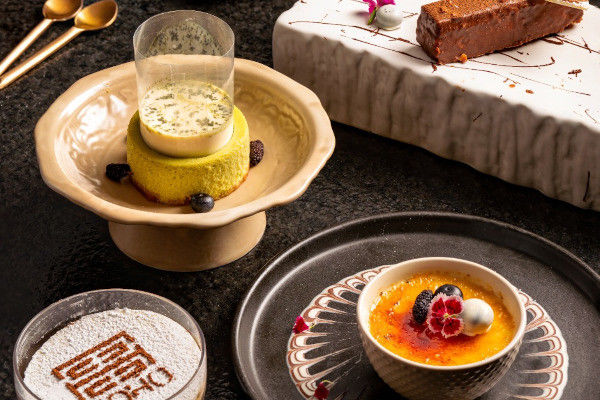
8. How is customer feedback utilized to refine menu items and improve overall service?
Customer feedback is collected through digital platforms, in-person surveys, and review sites. This information is regularly analyzed to identify trends and preferences, which influence menu adjustments, service training, and ambiance enhancements. Direct engagement with customers, such as tasting events and feedback sessions, helps in refining the offerings to better meet expectations.
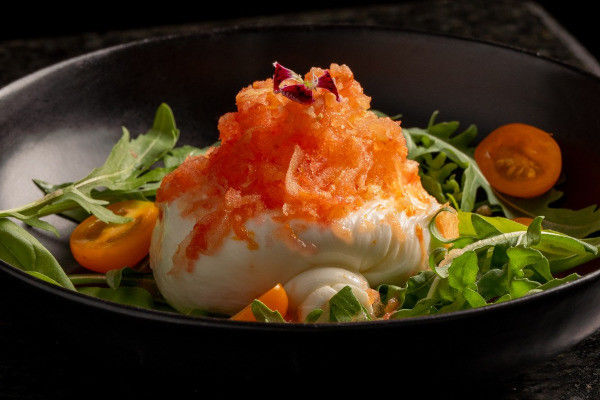
9. What challenges have been encountered during the establishment of these restaurants, and how were they addressed?
Challenges include navigating a highly competitive market, managing supply chain disruptions, and creating a differentiated brand image. These were addressed through strategic partnerships, meticulous planning, and a strong emphasis on quality and consistency. In some cases, menu innovation and standout service initiatives helped overcome initial hurdles, establishing each brand as a trusted dining destination.
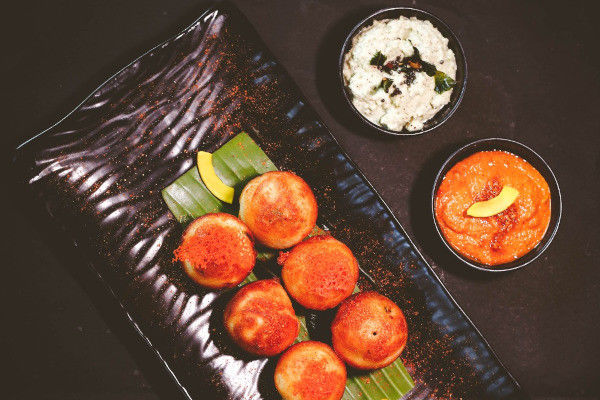
10. How does the vision for these restaurants aim to shape the future of dining experiences on a larger scale?
The vision is to transform dining into a holistic experience that goes beyond food, encompassing ambiance, culture, and sustainability. By continuously pushing the boundaries of culinary innovation and creating immersive spaces, the aim is to set new standards in the industry. The focus is on fostering a dining environment where patrons can engage with diverse cuisines and trends, ultimately shaping a more refined and dynamic dining culture.
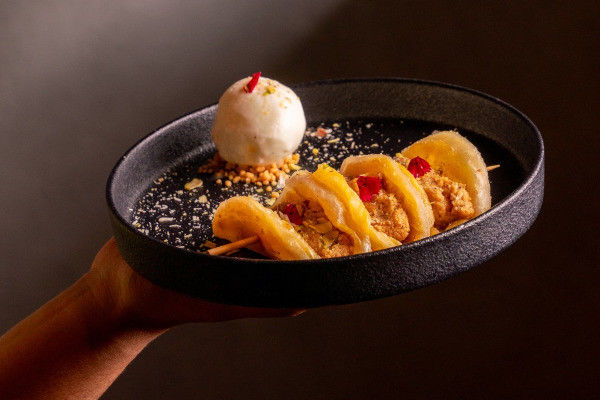
Aman Chainani's Pacific Hospitality revolutionizes Hyderabad's culinary scene with innovative dining experiences. Blending culinary passion with business savvy, Mr. Chainani's leadership sets new industry benchmarks. From Aidu to Teraso and Noho, his restaurants showcase exceptional cuisine and service. Chainani's inspiring journey demonstrates the potential of visionary leadership in hospitality.
Written By
A hotelier and restauranteur with more than two decades of experience in the F&B and Hospitality industries, Sachin Pabreja is Co-founder of EazyDiner, India’s only instant table reservation platform. He is passionate about changing the landscape of the Indian F&B industry. Prior to EazyDiner, Sachin worked at The Imperial, Grand Hyatt as well as Claridges Hotel in New Delhi and remains focussed and committed to creating innovative and exceptional products in the F&B and Hospitality industries.
Recent Food Trends
Tête-À-Tea With Sachin Pabreja: Taking Notes on Exceptional Leadership with Dharmendra R S, Chief Operating Officer Of Gilly's Chain of Restobars In Bengaluru Tête-À-Tea With Sachin Pabreja: An Engaging Conversation About Brewing Success and Bold Visions with Barista CEO Rajat Agrawal
